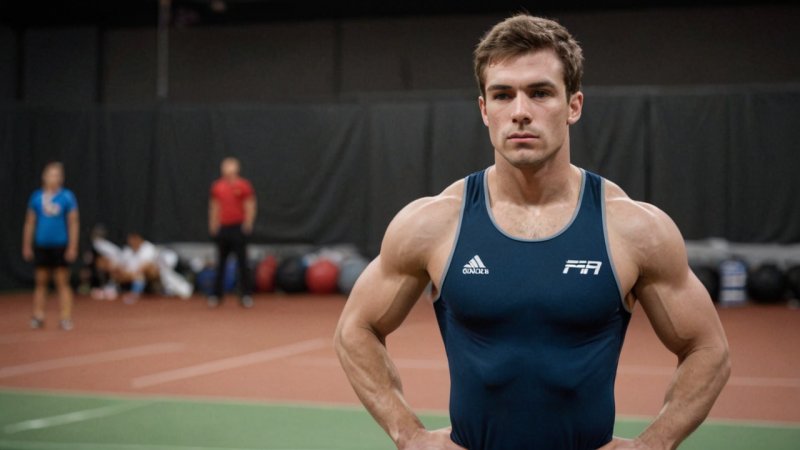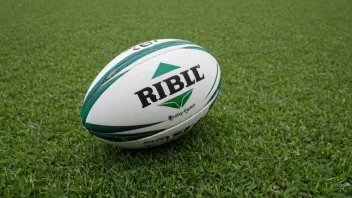Performance anxiety is a common experience among athletes, often surfacing before competitions and impacting overall performance. Understanding how to manage this anxiety effectively can enhance an athlete's experience and outcomes during events. In this article, we will explore various strategies to help athletes cope with performance anxiety, ensuring they can focus on their skills and enjoy the competition.
Many athletes find themselves overwhelmed by the pressure to perform well, whether due to high expectations from themselves, coaches, or peers. This pressure can lead to feelings of nervousness, self-doubt, and a fear of failure. However, recognizing that performance anxiety is a normal response can be the first step in managing it.
One of the most effective techniques for dealing with anxiety is visualization. Athletes can benefit from imagining themselves performing successfully in their sport. By creating a mental picture of a successful performance, athletes can build confidence and reduce anxiety. This technique can be practiced during training sessions, allowing athletes to familiarize themselves with the sensations of success.
Another helpful strategy is to establish a pre-competition routine. Routines can create a sense of familiarity and control, helping to ease anxiety. This may include specific warm-up exercises, breathing techniques, or even listening to music that puts the athlete in a positive mindset. Consistency in these routines can provide athletes with a mental anchor, allowing them to focus on their performance rather than their nerves.
Additionally, mindfulness and relaxation techniques can significantly benefit athletes facing performance anxiety. Practicing mindfulness involves staying present and fully engaged in the moment, which can help shift focus away from anxious thoughts. Techniques such as deep breathing, progressive muscle relaxation, or meditation can calm the mind and body, paving the way for improved performance.
Peer support is also crucial in managing performance anxiety. Athletes should not hesitate to discuss their feelings with teammates, coaches, or mentors. Sharing experiences can not only alleviate feelings of isolation but also provide valuable insights and encouragement. Coaches can play a significant role in helping athletes navigate anxiety by fostering a supportive environment and emphasizing personal growth over results.
Finally, it's essential for athletes to remember that perfection is not the goal; improvement is. Embracing the idea that mistakes are part of the learning process can reduce pressure and anxiety levels. Athletes should focus on their effort and dedication rather than solely on outcomes, fostering a healthier mindset that promotes resilience and enjoyment in sports.
In conclusion, performance anxiety is a common challenge faced by athletes, but it can be managed through various techniques. Visualization, establishing a pre-competition routine, practicing mindfulness, seeking peer support, and adopting a growth mindset are all effective strategies. By implementing these approaches, athletes can improve their performance while maintaining a focus on safety and enjoyment in their sport.






